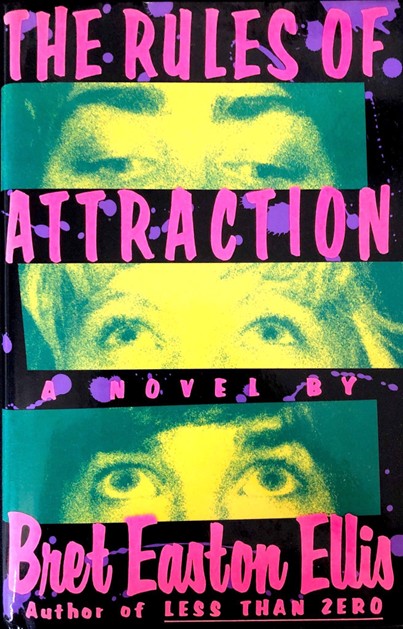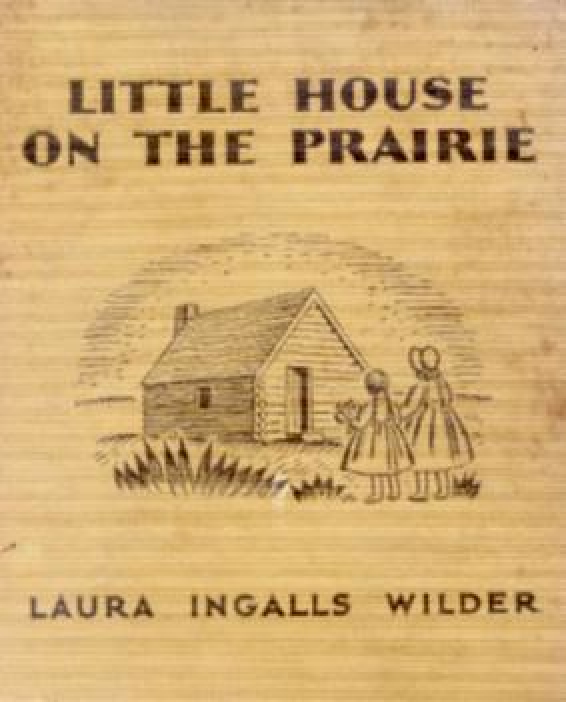I first met Ruben on Zoom last fall in a class about teaching writing. He consistently said things that made me wish I’d had him as a first-year writing instructor—things like, “I’m a leftist, not a liberal, so I’m not necessarily against the use of force,” and “I’m making my students read the Combahee River Collective Statement.”
Since then, we’ve become writing buddies and are now both starting as genre editors at BMR, so we decided that we’d interview each other instead of writing our own intros, just to mix things up.
When we met up to discuss the type of writing we were most interested in publishing next year, I found Ruben drinking a lager “because I’m too old for IPAs” and reading The Three Body Problem, a sci-fi novel by Cixin Liu. We talked a little about visiting communist countries and dabbling in photography and other art forms before we got started.
When I asked him what kind of fiction he was most interested in publishing at BMR, Ruben said he’s looking for writers who “are brave in subject matter” and writing that “propels action and growth but is not genre bound.”
In his own writing, Ruben is currently struggling with plot and interested in “a more speculative realm” but worries because “people are too quick with labels.” He doesn’t want his writing to be labeled “magical realism” just because he put some ghosts in there, he explains.
But back to BMR: “What’s most important to me is the story—as long as the story is good, I’m actually okay with genre fiction, which I know has not traditionally been accepted by BMR, but I don’t care. I want to see good story, strong characters, and writers having fun with their fiction.”
He shrugs and takes a drink of his beer. Ruben has never seemed too concerned with how things have been done in the past, I note. I like that about him. I feel like he could be into some weird fiction. And I am not wrong.
Ruben is also drawn to strong images and says he’s a “sucker for aesthetics.” “Oh, and I love good sentences,” he adds. Some of his favorite writers are Toni Morrison, Alvaro Enrigue, Irenosen Okojie, Gabriel Garcia Marquez, Luis Negrón, Elena Ferrante, and Michaela Coel.
“What I don’t want to publish,” Ruben tells me, “are stories about animals…stories about horses? No thanks, I’m good. I love the Black Stallion series as much as the next person, but I’ve seen enough of those.” He’s being funny but he’s also serious. He goes on to say that generally as a reader he needs to feel like the author is really invested in their characters. And he’s always looking for a fresh perspective.
“I have been wondering,” he says as we are finishing up, “about the role of literary magazines like BMR.”
“What about them?”
“Well, do they really have an impact besides serving as a sort of vehicle for people in MFA programs to get published? Like who are our readers? What are they into? What would our subscription numbers look like?”
I think for a bit. I don’t know many people outside of my writer circles who read lit mags unless they are hugely famous ones.
“I don’t know,” I admit.
“Well I’d like to find out,” says Ruben.
I nod. The sun has nearly set and Ruben tells me he has to get up early for Jiu-Jitsu, so we part ways.



